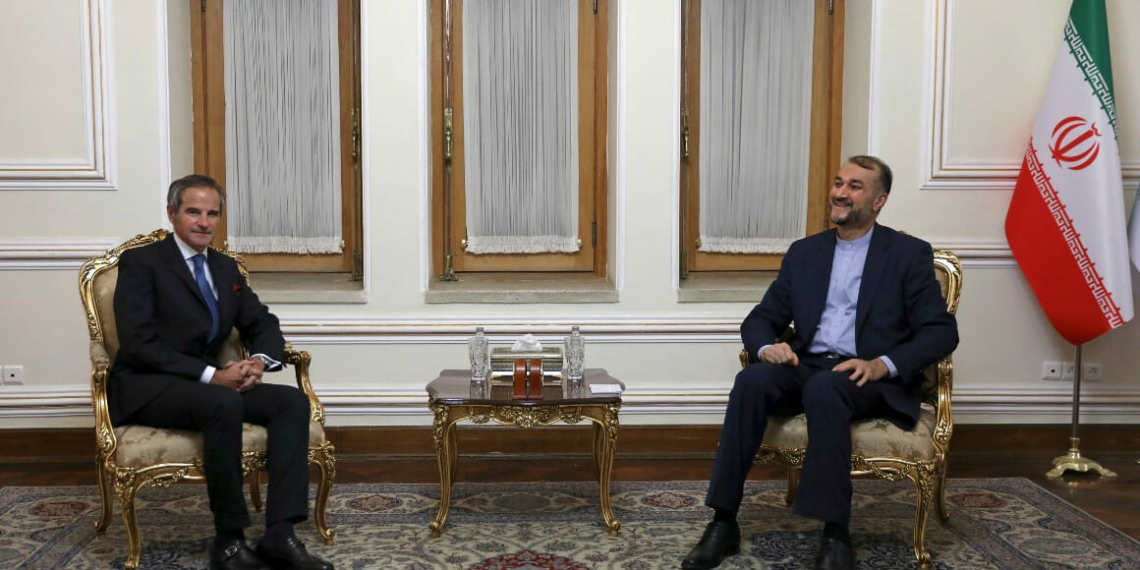Negotiators looking for ways to revive the 2015 Iran nuclear deal gave little reason for hope of significant progress as they prepared for Monday’s talks in Vienna, with both sides questioning the other’s commitment to the meeting.
It has been five months since the last round of talks. Diplomats from Germany, France, Britain, Russia and China are returning to the Austrian capital to mediate between representatives of Tehran and Washington.
However, trust was a precious commodity before the meeting.
“We don’t think the West wants an agreement,’’ Iranian chief negotiator, Ali Bagheri, said on the eve of the talks.
His U.S. counterpart, Robert Malley, hinted at a tougher stance if Tehran does not relent.
“If Iran chooses – and it really is at this point, I think, an Iranian choice – if they choose not to go back into the deal, then obviously, we’re going to have to see other efforts, diplomatic and otherwise, to try to address Iran’s nuclear ambitions,’’ Malley said.
A quick breakthrough is not expected, but there is some pressure.
“The talks can’t last forever; there is the obvious need to speed up the process,’’ said Russian Ambassador Mikhail Ulyanov.
The goal of the talks is to salvage the landmark 2015 agreement, which restricted Iran’s nuclear programme in an effort to prevent the country from developing nuclear weapons.
Western sanctions were lifted in return, but the U.S. pulled out of the pact in 2018 under President Donald Trump, reviving sanctions that severely hit Iran’s economy.
Tehran then once again expanded its nuclear facilities, producing near-weapons-grade uranium and limiting international inspections.
Now, both sides are seeking ways to de-escalate the rift

















Discussion about this post